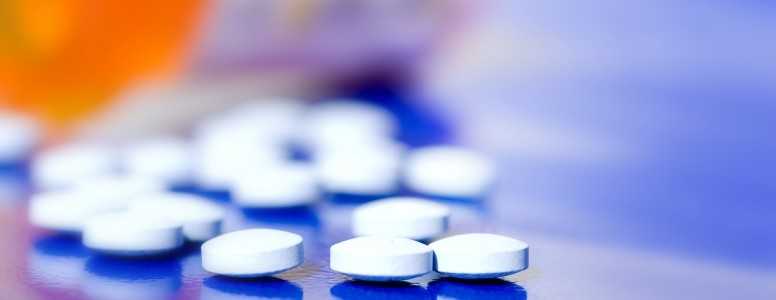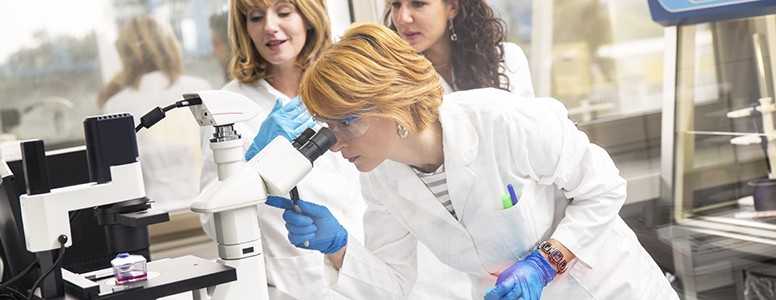Sodium glucose cotransporter-2 (SGLT2) inhibitors don’t appear to increase the risk of acute kidney injury (AKI), researchers report.
The type 2 diabetes drug class may even have a protective effect upon the kidneys and lower the risk of AKI.
Scientists from the Icahn School of Medicine at Mt Sinai, New York, conducted the study in response to the 2016 warning from the US Food and Drug Administration (FDA). The FDA issued alerts regarding increased AKI risk with Invokana (canagliflozin) and Forxiga (dapagliflozin), but not Jardiance (empagliflozin).
Nearly 1,600 SGLT2-inhibitor users and the same amount of nonusers with type 2 diabetes were analysed over 14 months. The groups were matched for age, sex, HbA1c and comorbidities (additional complications).
The researchers found SGLT2-inhibitors were associated with a lower risk for AKI, and hope their findings lead to revised FDA consideration regarding the drugs.
Senior authors Dr Steven Cocan, DO and Dr Girish N Nadkami said: “The take-home message is that there does not seem to be an increased risk of AKI in patients taking SGLT2 inhibitors compared with similar patients with type 2 diabetes.
“There is the possibility that concerns for AKI might discourage use of these medications. The reports of AKI did not have a comparator group; thus, the risk attributable to SGLT2 inhibitors was unclear, because it is well-known that patients with type 2 diabetes are at already at high baseline risk of developing AKI.”
However, they stressed that while SGLT2 inhibitors seem to have a protective effect on the kidneys, the drugs’ mechanism of action means there is a possibility to patients to lose too much fluid from the body through urination, particularly if drugs are taken during illness or alongside other medication.
The findings have been published online in Diabetes Care.
What's new on the forum? ⭐️
Get our free newsletters
Stay up to date with the latest news, research and breakthroughs.






